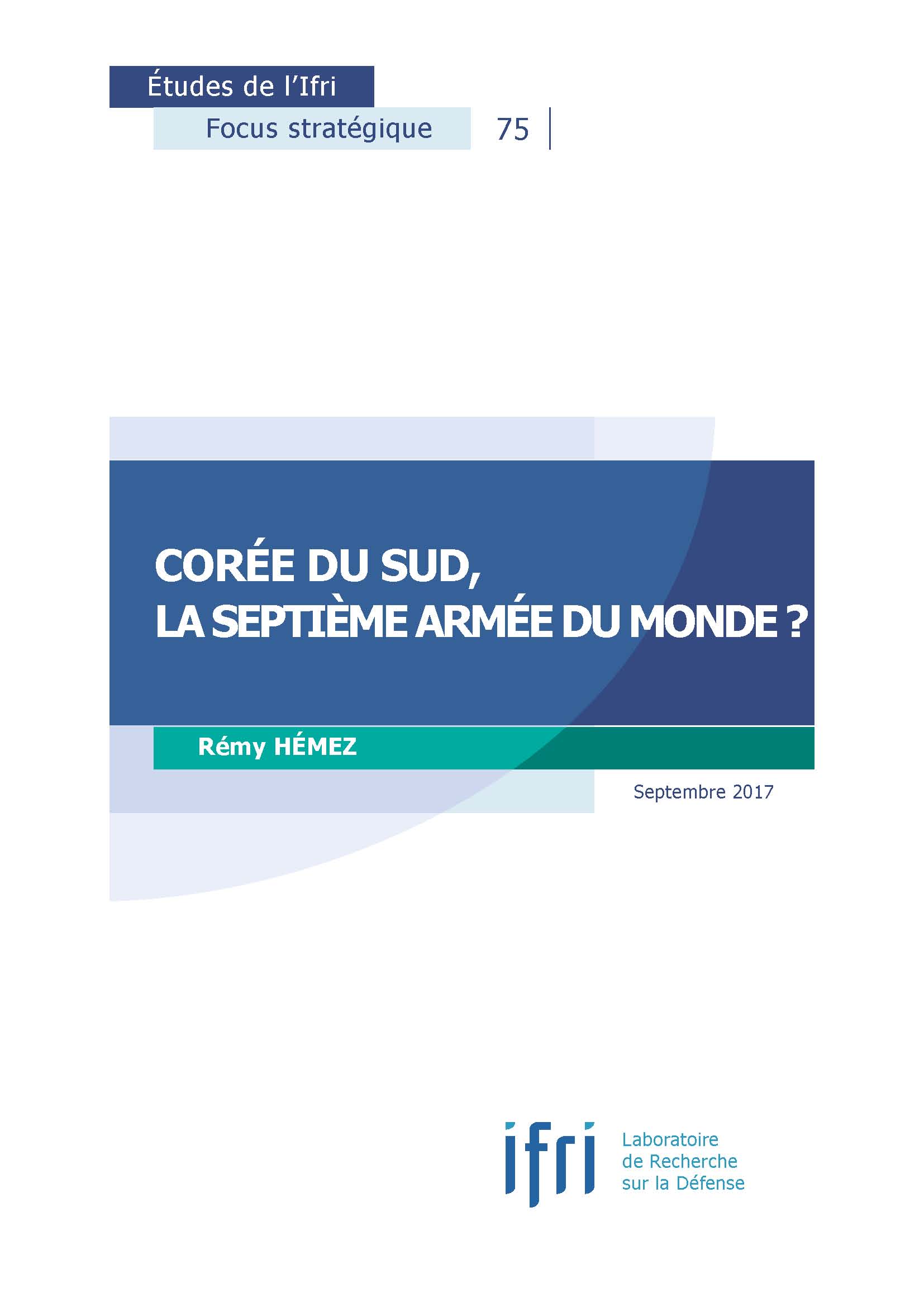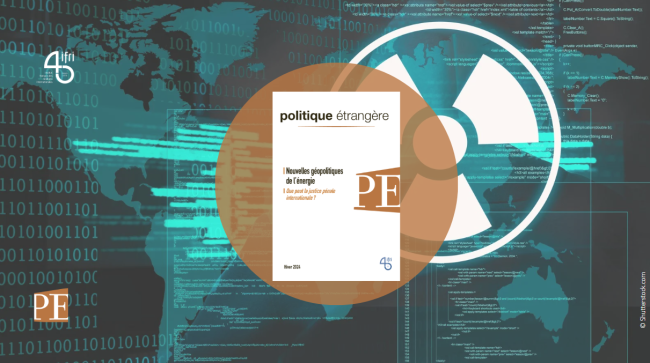Corée du Sud, la septième armée du monde ?

As Democratic Republic of Korea’s (DPRK) continuous development of non-conventional weapons and challenges of the international community reaches a new level, Republic of Korea (ROK) appears more than ever as the frontline state on which most of North-East Asia security depends.

The northern enemy and the closely monitored de-militarized zone, quite logically stand as the country’s strategic priority. This environment led it to develop of a massive military in order to deter or repel any invasion scheme. Overall, ROK defense policy is still determined by its longstanding alliance with the United States. However, this protection comes at the cost of a high dependence on US technology, thus stalling the development of its flourishing defense industry. Furthermore, ROK’s compulsory military conscription is the subject of much criticism as its hard conditions conflict with the aspirations of the youth. Although military reforms have been planned for years, the looming DPRK threat makes it hardly conceivable for the country to take its attention away and to embrace a defense policy more consistent with South Korean economy and society.
This content is available in French: Corée du Sud, la septième armée du monde ?
Related centers and programs
Discover our other research centers and programsFind out more
Discover all our analysesDeep Precision Strikes: A New Tool for Strategic Competition?
Reaching deep into the enemy’s system to weaken it and facilitate the achievement of operational or strategic objectives is a key goal for armed forces. What capabilities are required to conduct deep strikes in the dual context of high-intensity conflict and strengthened enemy defenses?
From Cuba to Ukraine: Strategic Signaling and Nuclear Deterrence
Strategic signaling—the range of signs and maneuvers intended, in peace time, to lend credibility to any threat to use nuclear weapons—is back.
Return to the East: the Russian Threat and the French Pivot to Europe's Eastern Flank
Russia’s full-scale invasion of Ukraine on February 24, 2022, has flung Europe’s Eastern flank into a new phase of strategic confrontation. It has had a major effect on France’s position, which was previously somewhat timid, leading it to significantly reinforce its deterrence and defense posture in support of the collective defense of Europe, in the name of strategic solidarity and the protection of its security interests.
Military Stockpiles: A Life-Insurance Policy in a High-Intensity Conflict?
The war in Ukraine is a reminder of the place of attrition from high-intensity conflict in European armies that have been cut to the bone after three decades of budget cuts. All European forces have had to reduce their stocks to the bare minimum. As a result, support to Ukraine has meant a significant drain on their operational capabilities. A significant amount of decommissioned systems were also donated, due to the lack of depth in operational fleets.











